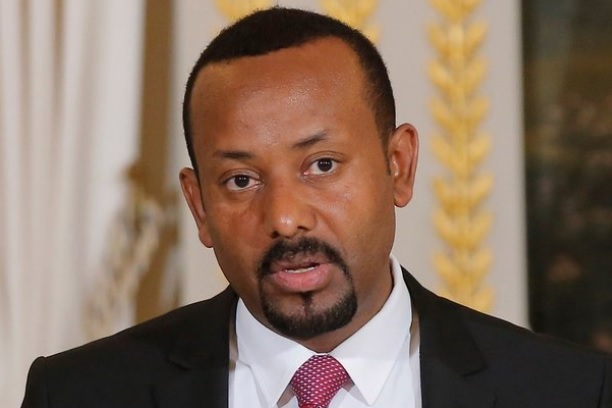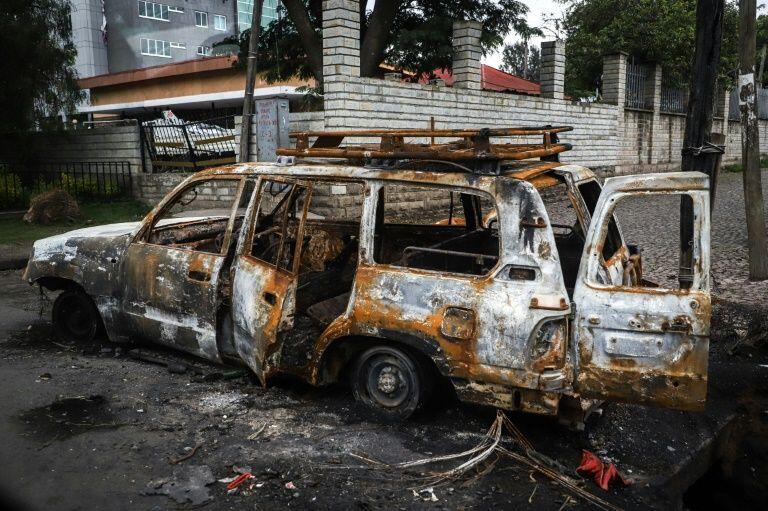 The last time Ethiopia held competitive elections, in 2005, lawyer Daniel Bekele was arrested during protests denouncing fraud and ended up serving more than two years in prison.
The last time Ethiopia held competitive elections, in 2005, lawyer Daniel Bekele was arrested during protests denouncing fraud and ended up serving more than two years in prison.
This time around, as the country prepares for landmark polls next year, Bekele is in a very different position: as head of the national human rights body tasked with ensuring Ethiopia curbs the same authoritarian tactics that once landed him behind bars.
With that goal in mind, Bekele’s Ethiopian Human Rights Commission is taking on a bigger public profile, denouncing recent abuses including the use of lethal force by soldiers and police against unarmed demonstrators.
But its statements have drawn rebukes from lawmakers and officials in Ethiopia’s restive Oromia region, highlighting challenges facing Prime Minister Abiy Ahmed’s stated goal of empowering institutions.
In an interview with AFP, Bekele, who was appointed last year, said Ethiopia faced a “very deep human rights crisis” that shows little sign of abating.
“Unfortunately, the political crisis is far from getting any solution, in terms of the polarisation of politics in the country and how that polarisation is unfolding along ethnic lines, along religious lines and sadly fuelling violent conflict,” he said.
“Ethiopia, it seems to me, is going through the pains of transition from repressive rule to democratic rule.”

Credibility
Bekele inherited a commission that had scant credibility among international activists.
Despite unmatched access to political prisoners, for years it did little to raise awareness about abusive detention conditions, let alone improve them, said Laetitia Bader, Horn of Africa director for Human Rights Watch.
“It was clear that there was no interest politically in giving them the space to work on sensitive or controversial topics,” she said.
The pattern persisted through protests that brought Abiy to power in 2018.
In a 2019 report, Amnesty International accused the commission of a “brazen bias against victims”.
After Abiy tapped him to lead the commission, Bekele began overhauling its staff and searching for external funding to supplement its “very tiny” annual budget of 85 million Ethiopian birr (around $2.3 million).
It is currently finalising its first major investigation under Bekele: a look at days of turmoil that left more than 160 dead following the killing in June of pop star Hachalu Hundessa from the Oromo ethnic group.
This type of probe “needs to be led and needs to be championed by Ethiopians themselves”, said Bekele, who previously worked for both Human Rights Watch and Amnesty.
“When you have a national institution and local groups taking the lead on this, it means the work is being done by people who know the context, who know the culture, who know the language.”
Bekele’s heightened visibility coincides with worries about backsliding on human rights under Abiy, winner of last year’s Nobel Peace Prize.
Source: News24














